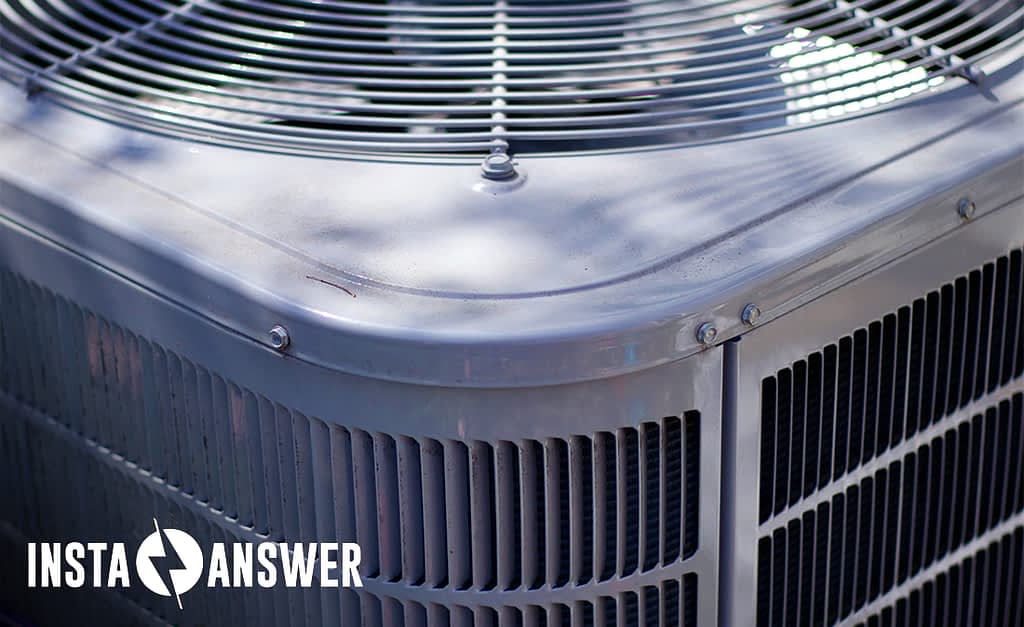It takes dedication and hard work to build a successful business. Keeping up with the changes in your industry will enable you to be ahead of your competition. HVAC regulations are always changing and you need to comply with them to train your employees. Keeping up with the HVAC standards will ensure you are compliant with the efficiency requirements. Here are the HVAC requirements and regulations for 2022 that you should follow.
1. Efficiency standards
When it comes to meeting the energy efficiency standards, HVAC industries are at the forefront. According to the U.S Energy Information Administration (EIA), new central air conditioning systems will be required to meet the energy-efficiency standards beginning in 2023. According to the EIA, the southern part of the country will require a seasonal energy-efficiency ratio (SEER) of 15 and the northern part will need a SEER ratio of not less than 14 SEER.
2. Tech certification
HVAC technicians who maintain, repair, and service equipment that release refrigerants require certification under section 608 of the clean air act. Technicians are required by the EPA to have four certifications. The technician must pass tests approved by an EPA-approved organization to receive the certification. Some of the certifications contractors need include the American Society of Heating, North American Technician Excellence (NATE), Refrigerating and Air-conditioning Engineers (ASHRAE), and Air Conditioning Contractors of America (ACCA).
3. Workforce shortage
According to the Electric and Gas Industries Association (EGIA), there will be a total of 115,000 HVAC workers needed by 2022. However, only a few workers graduate each year. Due to the shortage of technicians, organizations must retain the best talent. One way to achieve that is by developing a positive company culture. As a business owner, you must give your employees opportunities to learn new skills while on the job. By doing that, you can promote employees from within your organization.
4. Smart HVAC
The Internet of Things (IoT) is fast becoming the norm. Nowadays, people are looking for ways to enjoy the best indoor air quality. You can have a price book with product descriptions and photos to help customers see upgrade options and make the right choices.
5. HVAC software
As businesses move to work remotely, cloud-based HVAC software will come in handy to allow businesses to work seamlessly. Using HVAC software allows businesses to prepare for complex repair jobs. It is also an excellent way to increase efficiency.
When it comes to running a successful HVAC business, you’ve got that covered. For handling those cumbersome customer service calls, we’re here to help. Call Insta-Answer now to see how we’ll handle your calls.








